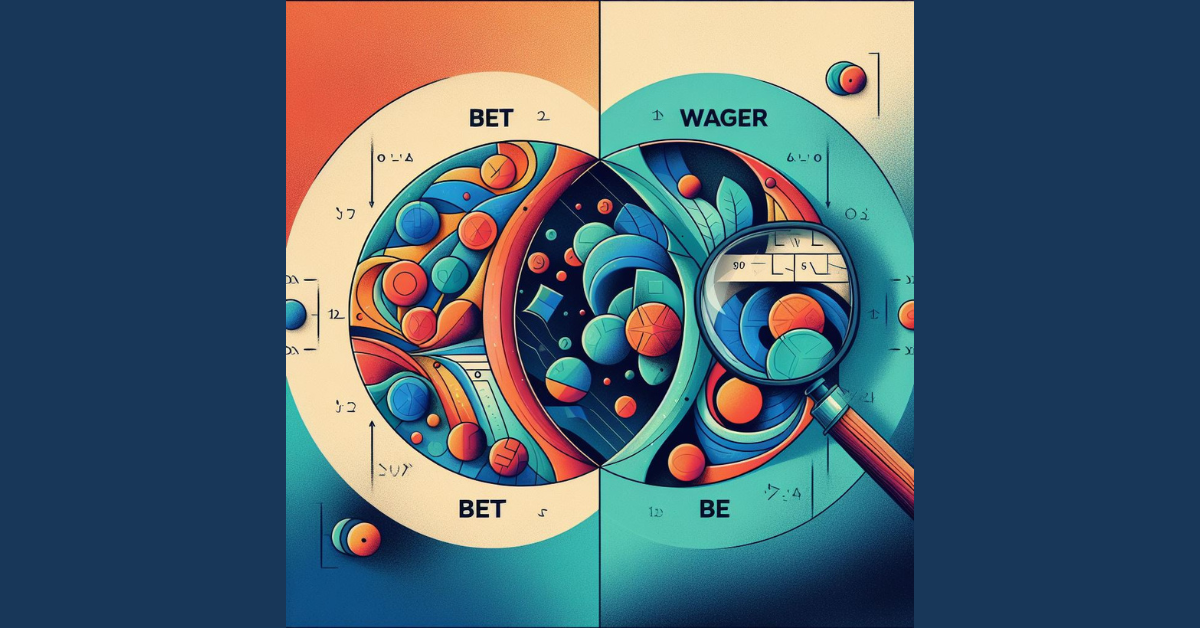Definition of “Bet” vs “Wager”
A “bet” typically refers to a formal agreement between two parties where they agree to wager something of value on the outcome of a particular event or occurrence. The terms of the bet often include specific conditions or criteria that must be met for one party to win and the other to lose the wagered amount or item.
On the other hand, a “wager” is generally used in a more legal context and may involve placing a bet or entering into a contractual agreement related to uncertain outcomes. Wagering is often regulated by laws and regulations to ensure fairness and integrity in the process of gambling or placing bets on various events or games.
Legal Implications of Betting vs Wagering
When it comes to legal implications, distinguishing between betting and wagering is crucial in the eyes of the law. While the two terms are often used interchangeably in casual conversations, legal systems around the world treat them differently. Betting generally refers to agreements where one party predicts an outcome based on chance, while wagering can involve a broader range of agreements, including those based on skill or knowledge.
In many jurisdictions, betting is often subject to stricter regulations compared to wagering. This is due to the perception that betting is more associated with gambling and addiction issues. Governments frequently monitor and regulate betting activities more closely to mitigate potential negative impacts on society, such as problem gambling and financial hardships. On the other hand, wagering activities that involve skill may be viewed more favorably by lawmakers as they are often seen as strategic and less reliant on chance.
Cultural Perceptions of Betting and Wagering
In various cultures around the world, the act of betting and wagering holds differing connotations and significance. While some societies view betting as a harmless form of entertainment or even a strategic skill, others may perceive it as morally wrong or associated with negative outcomes. This divergence in cultural perceptions can be influenced by religious beliefs, historical events, and societal norms, shaping how individuals engage with betting and wagering activities within their respective communities.
Moreover, the portrayal of betting and wagering in popular media and entertainment plays a crucial role in shaping cultural perceptions. Movies, TV shows, and books often depict these activities in a glamorous or high-stakes light, glamorizing the thrill of taking risks. This portrayal can impact how betting and wagering are perceived by individuals, influencing their attitudes and behaviors towards these practices. By understanding the cultural context surrounding betting and wagering, we can gain insight into the complex interplay between societal values, media influence, and individual choices in the realm of gambling.
Common Types of Bets vs Wagers
Common types of bets include straight bets, parlays, teasers, and over/under bets. Straight bets involve wagering on the outcome of a single event, while parlays require betting on multiple outcomes and winning only if all predictions are correct. Teasers involve shifting the point spread in the bettor’s favor, and over/under bets entail predicting whether the final score will be higher or lower than a specified number.
On the other hand, common types of wagers mainly revolve around future predictions or propositions. Futures bets involve wagering on events that will occur in the distant future, such as predicting the Super Bowl winner before the season starts. Proposition bets, or prop bets, are specific bets on aspects of an event that may not directly affect the outcome, like predicting which team will score first in a game.
Risk Factors Associated with Bets vs Wagers
When it comes to risk factors associated with bets versus wagers, it is essential to consider the financial implications involved. Both bets and wagers involve the chance of losing money, but the level of risk can vary depending on the specific terms and conditions of each.
Additionally, the emotional impact of bets and wagers cannot be overlooked. Engaging in betting or wagering activities can lead to heightened emotions such as excitement, anticipation, or disappointment. These emotional highs and lows can have a significant impact on individuals’ mental well-being and should be taken into account when considering the risks involved.















